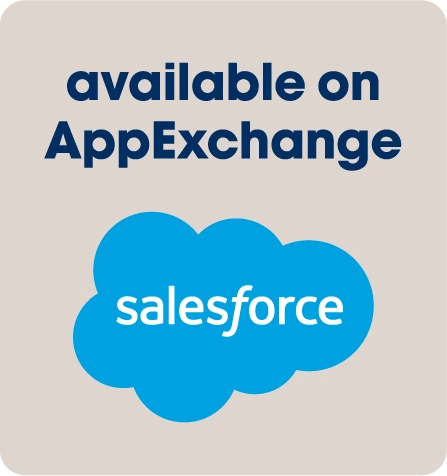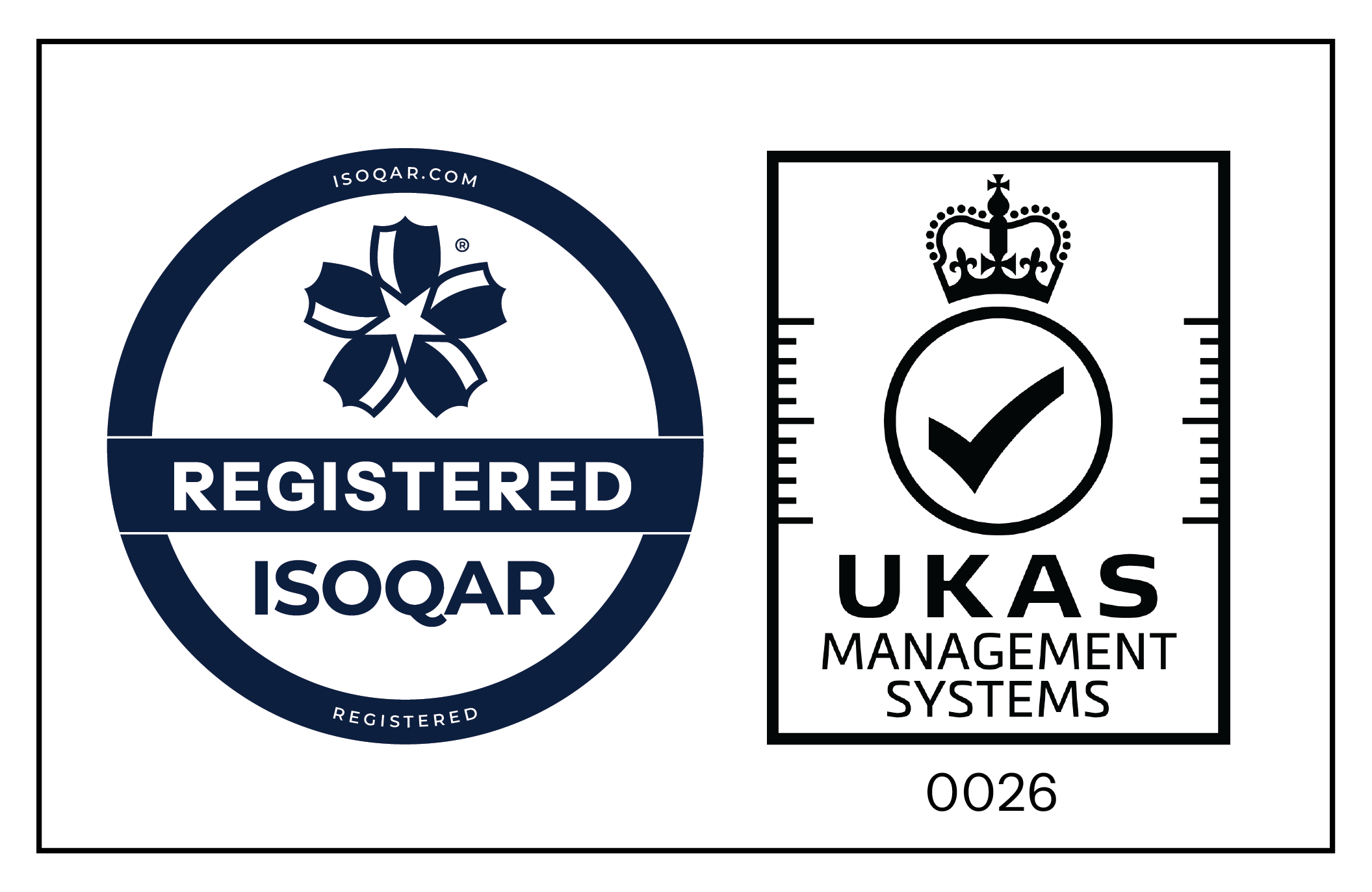In today’s complex business landscape, the proliferation of apps and Software as a Service (SaaS) products has revolutionized the way we work. With an estimated $105 billion in revenue generated by SaaS solutions in 2020 alone, the need to manage a growing variety of apps and the data within them has become a crucial challenge. While SaaS solutions offer convenience and improved workflows, they also present drawbacks such as data synchronization, maintenance, and data protection issues. To address these challenges, Integration Platform as a Service (iPaaS) has emerged as a solution to seamlessly connect and integrate various applications, providing a centralized and collaborative tech ecosystem with clean and reliable data.
What is iPaaS?
iPaaS enables businesses to deploy and maintain integrations without the need for middleware or hardware. It offers a centralized hub that supports the integration of different data sources and applications. By hosting applications and data, building and managing data connectors, and facilitating data movement among applications, iPaaS creates a unified ecosystem. It simplifies infrastructure management, data governance, and security, as it is delivered as a service. With iPaaS, businesses can connect their desired apps, customize field mapping, and let the platform handle the rest, including updates, patches, and data protection compliance.
Benefits of iPaaS:
iPaaS offers a wide range of benefits for both businesses and their customers, categorized as internal and external advantages.
External Benefits:
Single Solution: Customers can access a centralized cloud-based platform that connects and caters to all their software needs, eliminating the need to build and deploy technology in multiple ecosystems.
Structured Data: iPaaS allows customers to organize and access their information in one place, making data interpretation, analysis, and implementation more accurate and efficient.
Better Communication and Customer Satisfaction: With a single platform, all departments have equal access to data, reducing the chances of misinterpretation and ensuring consistent communication across the organization. This enhances customer satisfaction and delivers exceptional service.
Optimized Workflow: iPaaS streamlines processes, eliminates tool-switching, and provides a central location for related tasks. This results in increased efficiency and productivity for customers.
Internal Benefits:
Remove Information Silos: Companies can deploy iPaaS to eliminate information silos and ensure accessible data across different environments. This enables organizations to gain critical insights and make informed decisions.
Real-time Data Processing: iPaaS facilitates real-time data sharing and processing, eliminating delays and providing quick and manageable solutions.
Increased Efficiency: By centralizing integrations and managing them from a single console, iPaaS reduces misperceptions, inconsistencies, and data loss, resulting in improved internal efficiency.
Centralized Management: iPaaS provides a virtual view of all connections, simplifying management and reducing the need for individuals or teams to handle various integrations separately.
Improved Compliance and Security: iPaaS platforms prioritize security by offering intrusion alerts, fraud detection, and simplified compliance with regulations. They enable prompt response and accurate threat assessment, ensuring data and system security.
The Future of iPaaS:
While iPaaS is not a one-size-fits-all solution, businesses of all sizes should consider data integration as a crucial aspect of their operations. Adopting iPaaS early on can help address the complexities of data management and streamline workflows. As the number of apps and systems within a business grows, the need for integration becomes even more critical. Third-party iPaaS solutions are increasingly common and offer businesses the opportunity to offload the heavy lifting of integration tasks.
Looking ahead, next-generation iPaaS solutions will continue to evolve, incorporating advanced integrations, intelligence, and customization options. The integration landscape will witness a significant shift as iPaaS becomes a staple in the technology stacks of small and mid-sized organizations.
Conclusion:
In today’s app-driven business environment, managing multiple applications and ensuring seamless data flow can be a daunting task. iPaaS provides a solution to this challenge by offering a centralized platform for integrating various applications and data sources. The benefits of iPaaS extend to both businesses and their customers, enabling streamlined workflows, improved communication, better data organization, and enhanced customer satisfaction.
Whether it’s eliminating information silos, optimizing internal processes, or providing a single source of truth for customers, iPaaS offers immense value. As technology continues to advance, iPaaS will play a vital role in helping businesses adapt, grow, and stay competitive in an ever-evolving digital landscape.
If your business is looking to leverage the power of integrations and streamline data management across multiple applications, consider reaching out to us at 200 OK. Our team can assist you in implementing iPaaS solutions and guide you through the process of integrating and connecting your systems, enabling you to unlock the full potential of your technology ecosystem.







